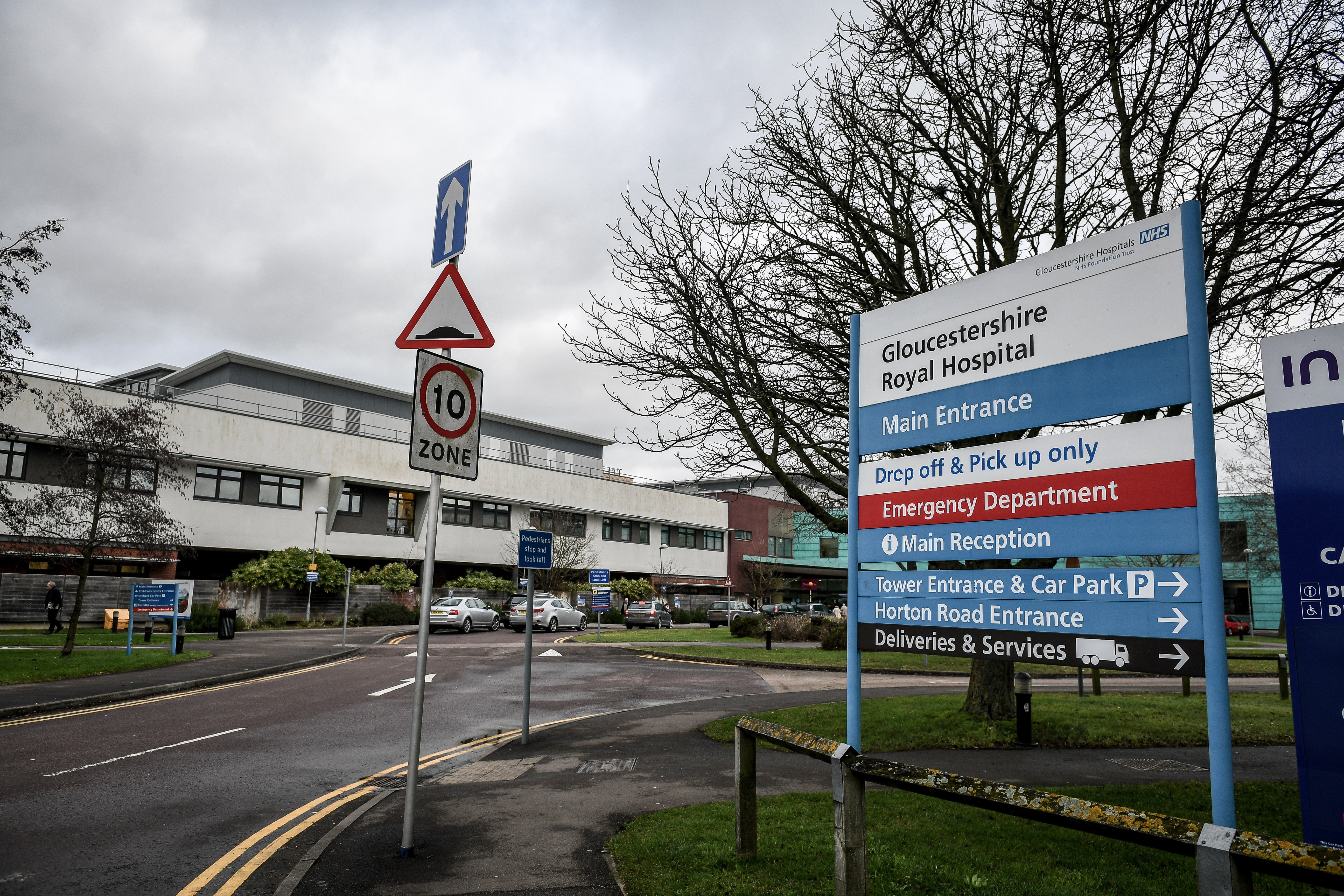
Staff at two major hospitals in the South West have been forced to resort to using paper records after a major incident brought IT systems down on the eve of the doctors’ strikes.
Cheltenham and Gloucester NHS Foundation Trust suffered an IT outage on Wednesday, which it said was the result of a server issue, rather than a cyber incident.
The outage comes ahead of a five-day resident doctor strike, which NHS leaders have warned could risk patient safety as hospitals struggle to maintain both emergency and routine care.
The Independent understands the trust was forced to send heart attack patients to hospitals in Bristol, but that diversion has since been lifted. Staff were also asked to use an alternative number for emergencies as telephone extensions were impacted.
In a statement on the IT failure, the trust said: “Some services have been restored, others remain intermittently affected, and this is expected to continue throughout the day.”

“Our teams are working hard to fully restore systems and minimise any impact on patient care. We are prioritising safety and have well-established contingency plans in place to support our services.”
The Independent understands Cheltenham and Gloucester NHS Foundation Trust was considering reducing A&E services during the day at Cheltenham Hospital due to the strike. An announcement is due to be made on the decision on Thursday.
During the previous resident doctors’ strikes, which took place in December 2023, Cheltenham A&E became a minor injuries unit.
Resident doctors are set to strike from 7am on Friday, 25 July, for five consecutive days in a dispute with the government over pay. It is not yet clear how many resident doctors will strike but thousands voted in favour of the walkouts.
The British Medical Association’s resident doctors’ committee is demanding a 29 per cent pay increase, which it says will address the 22 per cent erosion in pay since 2008.
The government has said it cannot meet those demands and is instead looking at ways to improve resident doctors' working conditions.
On Wednesday, the Academy of Medical Royal Colleges (AMoRC), which represents medical colleges across the country, urged the BMA to suspend its guidance, which suggests doctors should not tell their employers whether they plan to strike or not.
The AMoRC said this would make it extremely difficult for health service leaders and managers to maintain safe patient care.
NHS England has told hospitals they must maintain routine care ahead of the strikes but the BMA has argued this would put patients at risk because consultants drafted in to cover the strikes would be unable to manage both emergency and routine care.
Health leaders have told The Independent they don’t expect cancellations on the same scale as previous strikes, when tens of thousands of patient appointments and procedures were cancelled.
Patients struggling to see GPs as too many women are doctors, retired surgeon says
How do I donate blood? NHS call for donors with rare blood types
Top NHS official warns doctors: ‘This strike will harm patients’
Study reveals how many steps you need to walk a day to stay healthy
Poll: Are resident doctors fairly paid for the work they do?
Keep business as usual during doctor strike poses risk to patients, NHS warned







